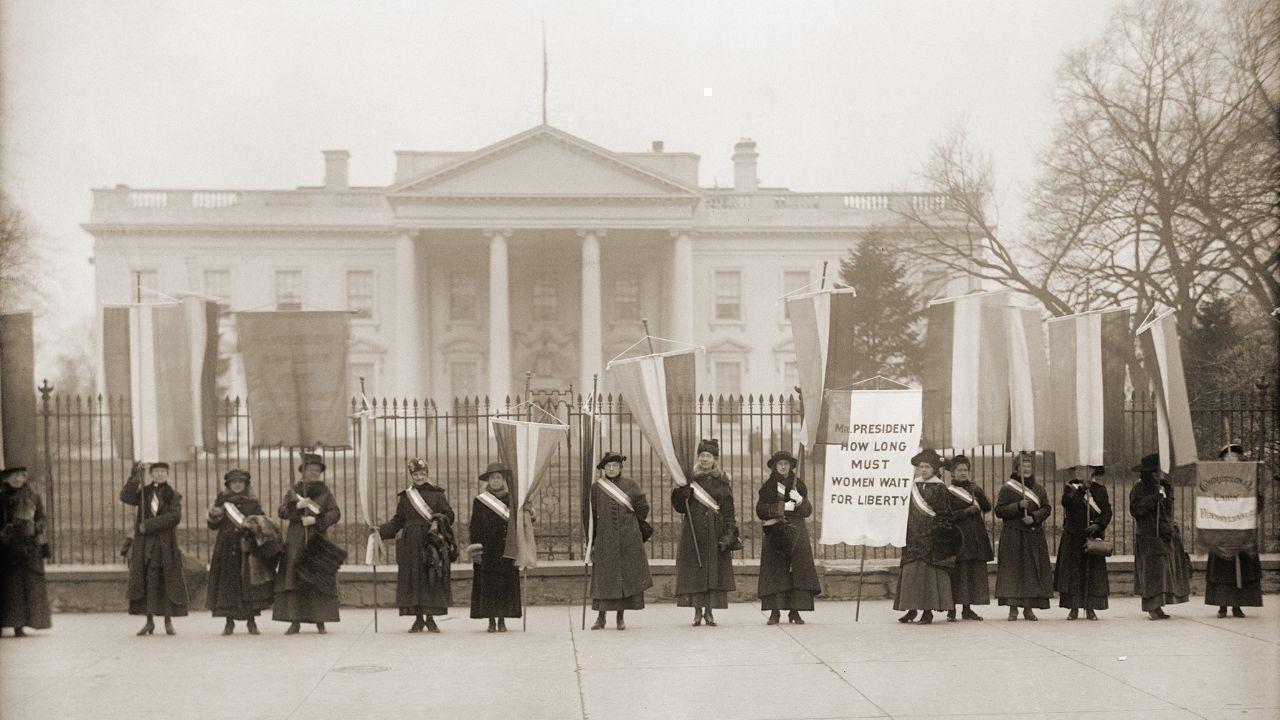
Post by: Vansh Kumar
Political history has long played a critical role in the development of nations and the shaping of societies. The Development of Political History Key Events That Shaped Nations is an exploration of how key political events, leadership changes, revolutions, and ideologies have altered the course of human history. These moments have defined the power structures, social dynamics, and cultural shifts that we recognize today. Understanding these key events allows us to gain insight into the present political climate and the forces that continue to influence our world.
Long before modern governments took shape, early human societies began to establish political systems that could manage and organize their growing populations. Ancient civilizations like Mesopotamia, Egypt, and China laid the foundations for political structures. For instance, the Sumerians created the first known form of written law, the Code of Ur-Nammu, around 2100 BCE, while Ancient Egypt formed a highly centralized system of governance under the pharaohs.
These early systems were not only concerned with military defense and resource allocation but also with the idea of leadership, justice, and societal order. Political history in these early societies helped establish ideas about governance that would influence future civilizations.
One of the most significant periods in The Development of Political History Key Events That Shaped Nations came with the rise of Ancient Greece and Rome. The Greek city-states, especially Athens, introduced the idea of democracy, allowing citizens to participate in decision-making. This shift in power from monarchies and aristocracies to more inclusive forms of governance inspired future political systems.
Meanwhile, Ancient Rome provided the concept of a republic, where elected officials represented the people. The Roman Senate became a powerful body, and their legal systems, such as the Roman Twelve Tables, are still influential in modern law. The Roman Empire also showed the world how political systems could evolve into large, centralized empires with diverse populations, setting the stage for future empire-building throughout history.
After the fall of the Roman Empire, Europe entered a period known as the Middle Ages, where political history saw a dramatic shift. In this era, feudalism became the dominant political system. Kings granted land to nobles in exchange for military service, while peasants worked the land. This hierarchical structure dominated the European landscape for centuries, shaping the politics of many countries.
During this time, the Catholic Church played a critical role in political matters, wielding influence over both rulers and subjects. Kings often sought the approval of the Church to legitimize their rule, and in many cases, political decisions were intertwined with religious doctrines. This blend of political and religious authority would later be challenged, leading to significant transformations in governance.
The Renaissance was a time of great intellectual and artistic growth in Europe, but it also played a key role in The Development of Political History Key Events That Shaped Nations. This period saw the birth of modern political thought, as thinkers like Niccolò Machiavelli and Thomas Hobbes began to explore ideas about power, governance, and the nature of the state. Machiavelli’s famous work, The Prince, provided a practical guide to political leadership, while Hobbes' Leviathan argued for a strong, centralized government to avoid chaos and maintain order.
These political philosophers were among the first to consider political power as something to be studied and analyzed systematically. Their ideas laid the groundwork for future political movements and the development of political theory, particularly in the areas of statecraft, the role of government, and the rights of citizens.
The American Revolution (1775-1783) and the French Revolution (1789-1799) were two key events in the history of political change. The American Revolution resulted in the formation of the United States, marking the birth of a new form of government based on democracy, individual rights, and the rule of law. The American experiment in governance inspired countless nations around the world to adopt democratic ideals and structures.
Meanwhile, the French Revolution was an intense period of political upheaval that saw the overthrow of the monarchy and the rise of radical political ideologies. The events in France reshaped Europe, leading to the rise of Napoleon Bonaparte and the eventual spread of revolutionary ideas across the continent. The French Revolution also gave birth to the concepts of liberty, equality, and fraternity, which would become central to political movements throughout the 19th and 20th centuries.
The Industrial Revolution, which began in the late 18th century, had a profound impact on The Development of Political History Key Events That Shaped Nations. The rapid growth of industry and technology led to changes in social structures and political systems. As new economic systems such as capitalism and socialism began to emerge, so too did new ideas about the role of the state in regulating markets and protecting workers’ rights.
The Industrial Revolution also saw the rise of labor movements and calls for political reform. In response to the harsh conditions faced by factory workers, movements advocating for workers’ rights, such as trade unions and social reforms, gained momentum, influencing the political landscape for generations.
The 20th century witnessed some of the most significant political events in history, including the two World Wars, the rise of communism, and the eventual collapse of colonial empires. The Development of Political History Key Events That Shaped Nations in this period revolved around global conflicts, the spread of democracy, and the formation of international organizations like the United Nations, which aimed to prevent future wars and promote global cooperation.
The aftermath of World War II, in particular, set the stage for the Cold War, a period of intense political and military rivalry between the United States and the Soviet Union. This conflict, along with the struggle for independence in many colonized nations, reshaped the global political order and influenced the policies of nations worldwide.
The Development of Political History Key Events That Shaped Nations explores how pivotal political events have shaped societies over time. From early systems of governance in ancient civilizations like Mesopotamia and Egypt to the influence of Ancient Greece and Rome, political structures have evolved significantly. The article delves into the Middle Ages, the Renaissance, and the revolutionary changes brought by events like the American and French Revolutions. It further explores the Industrial Revolution, the rise of capitalism, and the 20th-century political shifts following the World Wars. The article emphasizes how these transformative moments in political history continue to shape modern governance and global cooperation.
The information provided in this article is intended for general informational purposes only. The views and opinions expressed are those of the author and do not necessarily reflect the official stance of dxb news network. Readers are encouraged to conduct further research to verify facts or seek professional advice if needed.
#trending #latest #PoliticalHistory #HistoryOfNations #PoliticalEvents #PoliticalChange #GlobalPolitics #PoliticalRevolutions #PoliticalEvolution #HistoryShapedNations #PoliticalSystems #ModernPolitics #PoliticalMovements #WorldHistory #PoliticalThought #GovernanceHistory #breakingnews #worldnews #headlines #topstories #globalUpdate #dxbnewsnetwork #dxbnews #dxbdnn #dxbnewsnetworkdnn #bestnewschanneldubai #bestnewschannelUAE #bestnewschannelabudhabi #bestnewschannelajman #bestnewschannelofdubai #popularnewschanneldubai

Saudi Crown Prince and Iran’s President shared Eid wishes and talked peace, unity, and support for Palestine in a call to ease tensions in the region....Read More.

X could get over $1B fine for breaking EU rules. EU says X spreads false info. X says it’s unfair. A big fight is coming....Read More.













Avatar 3 to unveil new enemies on Pandora in Fire and Ash chapter
James Cameron reveals Avatar: Fire and Ash brings new enemies, the Ash people, and peaceful wind tra

Dubai Introduces New Variable Parking Fees from Thursday
Dubai’s new parking fees start Thursday, with premium spots in busy areas costing AED 6 per hour dur

Chelsea Edge Spurs 1-0 as Enzo Fernandez Secures Win
Enzo Fernandez’s header sealed Chelsea’s 1-0 win over Spurs, pushing them back into the top four. VA

Safeer Mall in Sharjah Closes After Decades as a Beloved Shopping Spot
Iconic Safeer Mall in Sharjah shuts down after nearly two decades, leaving residents nostalgic for i

Barcelona Beat Atletico to Set Up Copa Final vs Real Madrid
Barcelona edged Atletico 1-0 to reach the Copa del Rey final, where they’ll face rivals Real Madrid